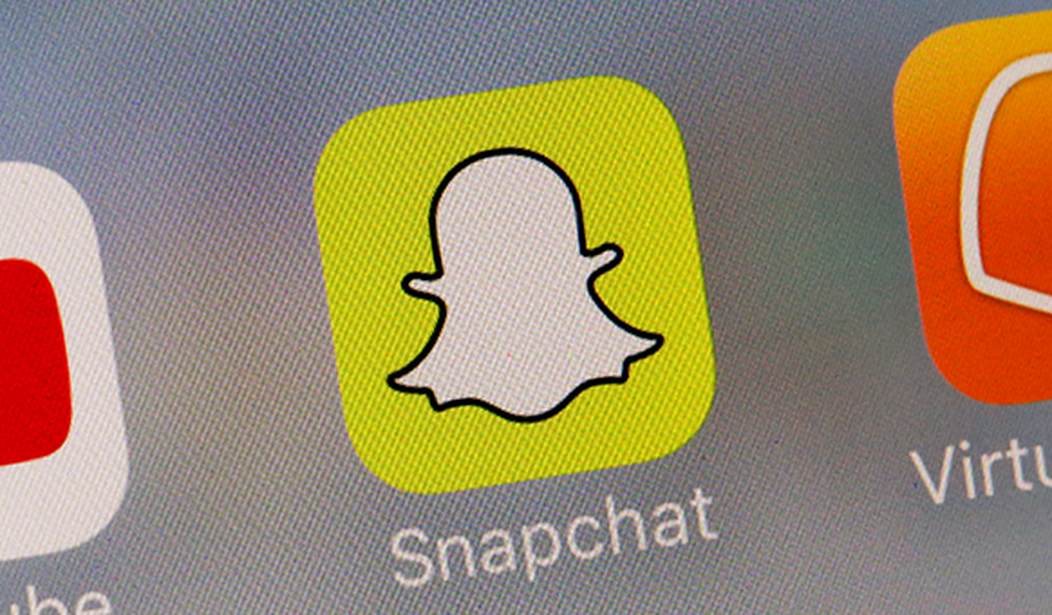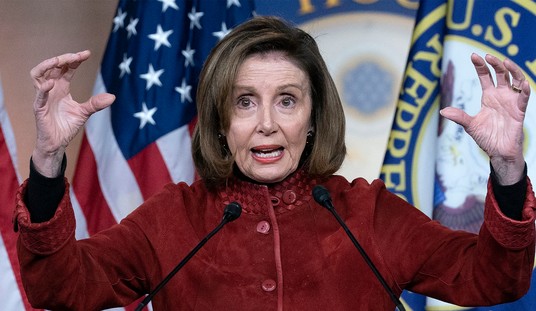When the country locked down in the wake of COVID-19, there were a great many of us who warned that it would not only have a terrible effect on the economy but also on mental health.
In particular, I knew it would have a deep impact on kids who were kept out of school. Children and teens thrive on social interaction - in fact, it's one of the key ways they develop - and when the federal government conspired with teachers unions to keep schools closed, it was easy to see what the result would be. In the wake of those decisions - Randi Weingarten has never been, and probably will never be, taken to task for what she did to our kids - their mental health predictably crumbled.
There's a piece in The Atlantic that I've cited before as to just how bad things have gotten. It was written in 2022, but it still holds up:
The government survey of almost 8,000 high-school students, which was conducted in the first six months of 2021, found a great deal of variation in mental health among different groups. More than one in four girls reported that they had seriously contemplated attempting suicide during the pandemic, which was twice the rate of boys. Nearly half of LGBTQ teens said they had contemplated suicide during the pandemic, compared with 14 percent of their heterosexual peers. Sadness among white teens seems to be rising faster than among other groups.
But the big picture is the same across all categories: Almost every measure of mental health is getting worse, for every teenage demographic, and it’s happening all across the country. Since 2009, sadness and hopelessness have increased for every race; for straight teens and gay teens; for teens who say they’ve never had sex and for those who say they’ve had sex with males and/or females; for students in each year of high school; and for teens in all 50 states and the District of Columbia.
Our kids were at home, isolated, and deprived of intellectual, social, and emotional development for over a year. In some places, kids got back to school earlier than others, but for many, the results were the same. Isolation was worse on students than the pandemic ever was.
But the pandemic is a recent catalyst that just made an already growing problem worse. The origins of our mental health crisis may actually be in 2012, when (as The Atlantic‘s writer points out) we first saw 50 percent or more of Americans owning a smartphone, and social media began its explosive rise to dominance.
We're still grappling with how to deal with this. Congress has been grappling with how to deal with it. So, I did some digging.
TikTok, Snapchat, and Instagram are the most popular social media apps that kids are using. They account for a huge percentage of the user base for all three. Part of the appeal is the endless scrolling on TikTok and Instagram, where algorithms use your user history to generate what content they think you want to see next. It's actually very easy to train social media algorithms to your tastes, and kids are constantly getting fed what they want to see.
But another aspect of this, and I think the unhealthier aspect, is the social media following. They see content creators with massive follower counts, and they start imitating what those content creators do, even if it includes sexualized or dangerous content. Given that age verification is becoming more and more important when using these apps, I think there's a relatively easy solution to mitigate a lot of this clout chasing on social media.
Meta, Snap, ByteDance, and other social media companies can do the right thing and put an automatic follower count cap on underage accounts. Once you hit 18 years old, then your cap can increase. But, until then, you're limited to just a few hundred. Along with this, the social media algorithms should be barred from suggesting to others these underage accounts for following, regardless of whether the child puts their age on their profile or not.
This does not inhibit growth on the app, it does not inch closer to any First Amendment concerns people might have, and it dissuades attention-seeking/clout-chasing behavior that serves as a distraction at best and a gateway to unhealthy practices at worst.
The U.S. Health and Human Services Department has concluded that "we cannot conclude social media is sufficiently safe for children and adolescents." I don't disagree. I've seen social media play a part in the deteriorating mental health of students I taught over the years. I saw how online bullying, sexualized behavior, and dangerous stunts were encouraged by the masses on those apps, and how some kids easily tried to meet those demands for the sake of the larger following.
I would love for social media companies to take the initiative and proactively work to drastically decrease the number of followers an underage user can attain and prevent their algorithms from recommending underage users, but I won't frown on Congress trying to pass a law on the subject. This move would be a solid first step in grappling with social media's hold on our kids.














Join the conversation as a VIP Member